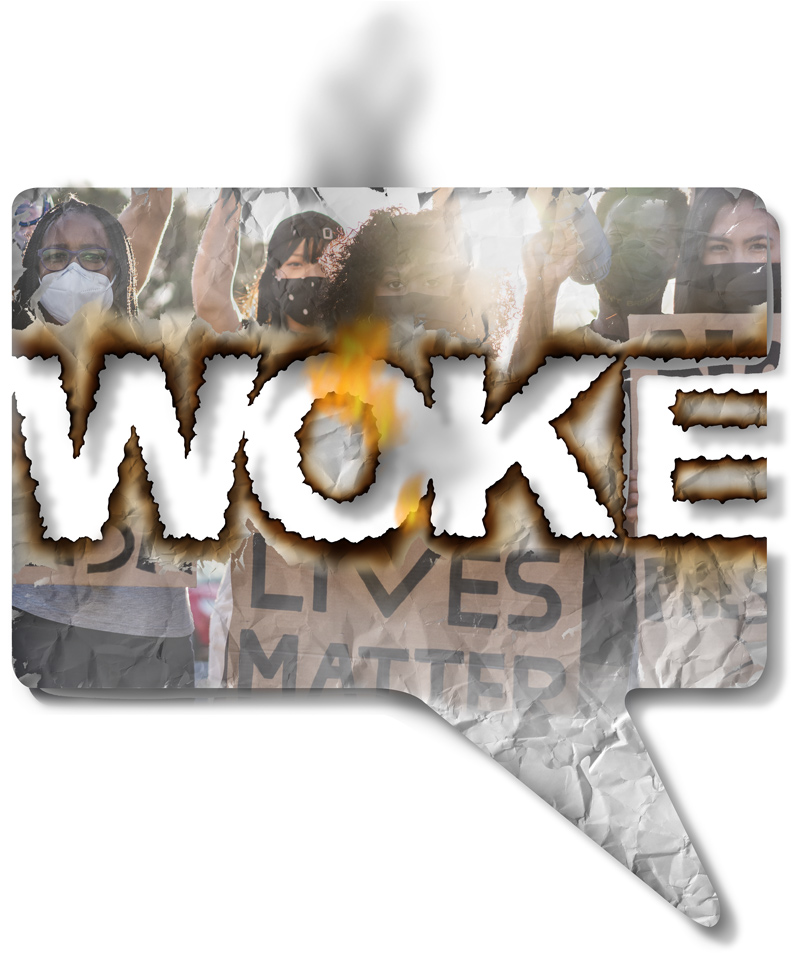

“We believe in education, not indoctrination,” stated Governor Ron DeSantis at the signing of his Stop WOKE Act press conference. “We believe an important component of freedom in the State of Florida is the freedom from having oppressive ideologies imposed upon you without your consent whether it be in the classroom or whether it be in the workplace.”
The Stop WOKE Act, where WOKE refers to Wrongs to Our Kids and Employees, prohibits “instruction that could make some parties feel they bear ‘personal responsibility’ for historic wrongdoings because of their race, sex, or national origin.” The Stop WOKE Act changes the narrative of being alert or awake to systemic racial or social discrimination and injustice to one that ignores it and its winners and losers.
Instead of education and training through critical race theory and Diversity, Education, and Inclusion (DEI) initiatives, the Stop WOKE Act views these initiatives as oppressive ideologies and not essential for a school or workplace environment. In fact, the Florida Board of Education when banning critical race theory labeled it in the same category as the Holocaust denial, “theories that distort historical event” or fake news.
Judge Mark Walker blocked the private employer provision of the Stop Woke Act. He feels that it provides a First Amendment right for businesses to educate their employees in white supremacy.
Recently, DeSantis unveiled new legislation that would cut funding for critical race theory and diversity, equity, and inclusion programs at higher education institutions. DeSantis and his supporters view CRT and DEI as racially divisive, discriminatory, and not grounded in actual history.

- Recognition that race is not biologically real but is socially constructed and socially significant.
- Acknowledgement that racism is a normal feature of society and is embedded within systems and institutions, like the legal system, which replicate racial inequality.
- Rejection of popular understandings about racism, such as arguments that confine racism to a few “bad apples.”
- Recognition of the relevance of people’s everyday lives to scholarship.
Compare these tenets to the “Anti-Woke talking points to refute them and there is no wonder there is confusion in defining critical race theory.
“The function of education is to teach one to think intensively and to think critically,” said Martin Luther King, Jr. “Intelligence plus character—that is the goal of true education.”
True education fails when it changes the narrative, instead of thinking intensively and critically, especially when it comes to systemic racism and social discrimination.
On January 28 in Lansing, Michigan, the Lansing Area Presbyterian Churches, and other allies, apologized to the Black community for the sin of slavery and its aftermath. In 1995, the Southern Baptist apologized for its stance on slavery and failure to support the Civil Rights Movement. In 2008, the Episcopal Church detailed its role in human captivity, segregation, and discrimination in its apology. In 2020, the Bank of England and Church of England followed suit with respect to their links to historic slavery.
When people become aware and alert, instead of changing the narrative, they offer an apology and seek to make things right.